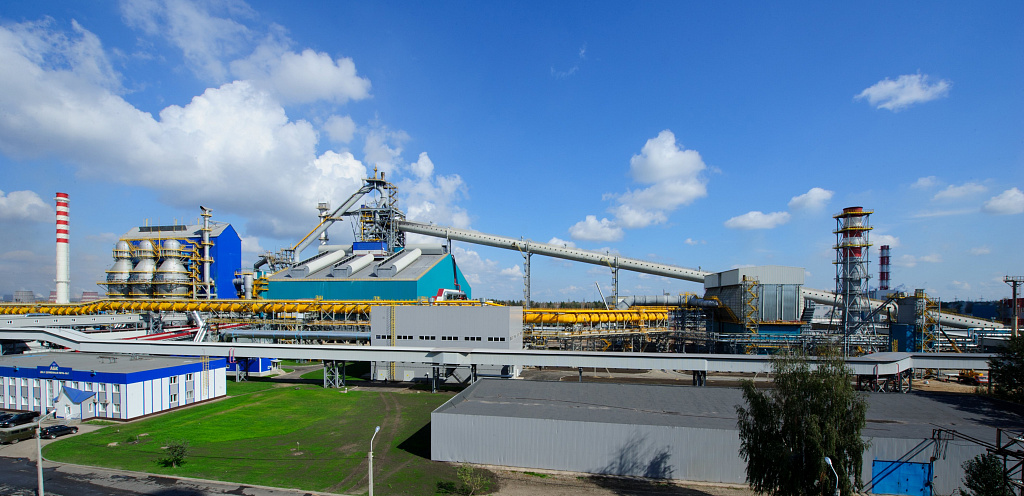- Home
- Sustainable development
- Environment
- Blast furnace “Rossiyanka” — the most advanced and productive blast furnace in Russia
Blast furnace “Rossiyanka” — the most advanced and productive blast furnace in Russia

Rossiyanka is a new generation blast furnace, the most up-to-date in Russia and one of the most productive in the world.
-
Productivity:
-
4.2 million tonnes of pig iron a year.
-
Total investments in the project:
-
over RUB 43 billion.
-
First batch of pig iron:
-
2011.
-
Headcount:
-
137 people.
Rossiyanka is the first and the only blast furnace built in the former USSR area during the last 25 years, as well as the most important facility in the programme of NLMK technical upgrade. With blast furnace No. 7 and a new BOF, the Lipetsk site was able to increase steel production by 36%, to 12.4 million tonnes. The pig iron produced by Rossiyanka blast furnace is used in Novolipetsk BOF production for making of different grades of steel.
Rossiyanka blast furnace was built using state-of-the-art developments of leading international and Russian engineering companies. A total of about 40 Russian and 30 overseas companies took part in designing and building the furnace and supplying equipment.
The whole technological process is based on the best available environmental and resource-saving technologies — highly-efficient dedusting and closed water circuit systems. Contemporary Russian technical solutions enable decreasing the gross emissions into the atmosphere over 200 times against the blast furnaces operated in the industry. All the dust generated during steelmaking is caught by a high-efficiency gas cleaning plant. The modern equipment will also enable more efficient blast furnace gas cleaning for it to be utilized as a secondary energy source. Filtered dust together with sludge is sent to the Briquetting Shop to be used to manufacture iron-containing briquettes and is returned to the blast furnace process.
A new 150 MW recovery cogeneration plant uses the blast furnace’s gas to generate electric power.